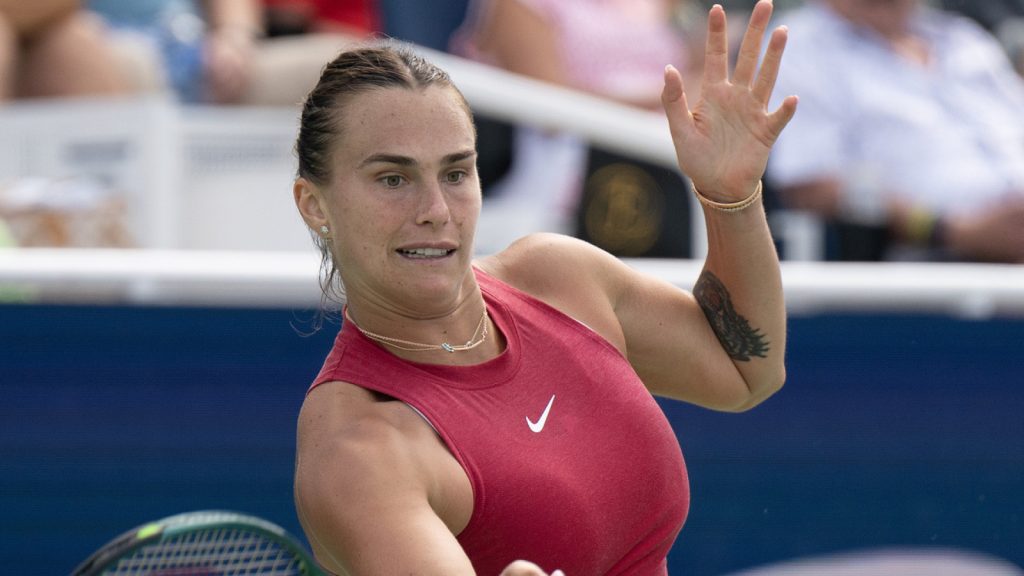World No. 2 Aryna Sabalenka believes men and women should be compensated equally in tennis.
The Belarusian star brought up the pay disparity after clinching the Cincinnati Open this week, for which she was paid exactly half of the $1,049,460 prize money claimed by the men’s champion, Jannik Sinner.
“From the TV point of view, from the ticket selling, from every point of view, it’s unfair,” Sabalenka told The Guardian on Wednesday. “Of course, guys are always going to be physically stronger than women but it doesn’t mean we’re not working as hard as they do. Women deserve to be paid an equal amount of money that men do.”
Sabalenka makes a valid point since the Cincinnati Open, like any ATP 1000, is a tournament where men and women play best-of-three set matches, unlike majors where men battle it out in five-setters.
The organizers of the Cincinnati Open also faced backlash for the pay disparity in the doubles events, which saw the men’s winners Marcelo Arevalo and Mate Pavic ($322,000) netting more than twice their female counterparts, Asia Muhammed and Erin Routliffe ($154,000), for their respective victories.
The backlash was so severe that the organizers issued a statement justifying the pay gap while expressing their commitment to achieving parity in prize money by 2027.
Luckily for Sabalenka and other female players, the pay disparity won’t be an issue at the upcoming U.S. Open, where both genders are compensated equally for winning hardware. In fact, the U.S. Open was the first Grand Slam event to offer equal prize money in 1973, inspiring the organizers of the Australian Open, Wimbledon and French Open to follow in their footsteps in subsequent years.
Beyond the majors, however, the pay disparity remains a prevalent issue across ATP and WTA events. As an example, World No. 1 Iga Swiatek received $364,000 for winning the 2022 Italian Open, while Novak Djokovic netted $916,000 for the same event. That Djokovic got nearly three times the prize money became a contentious issue, forcing Italian Open organizers to guarantee equal prize money by 2025.

